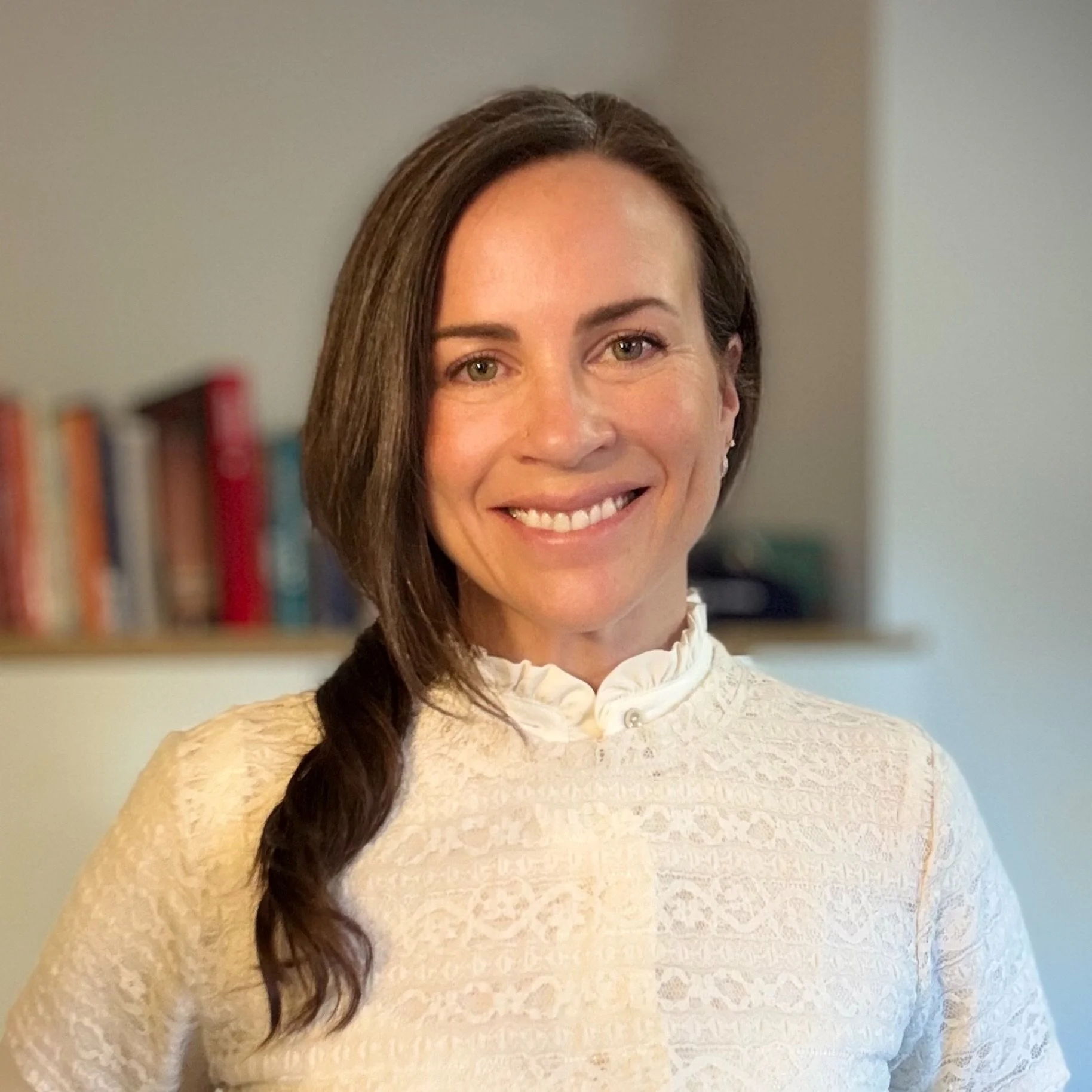
Your heroine’s story isn’t about being saved — it’s about remembering your own strength, hearing your inner voice, and healing forward.
-Jessica Sell Chambers, Founder FoxARC Coaching
Self-trust is your superpower.
About FoxARC
Founded from my own lived experience and professional training, FoxARC Coaching is built on a simple truth: story shapes change. I believe the narratives we carry — conscious or unconscious — influence how we think, relate, protect, and grow. My work honors both the science of transformation and the art of personal narrative, helping women reconnect to confidence, clarity, and purpose as they re-emerge into what’s next.
My background includes advanced training in Mentor Agility’s Trauma-Informed Coaching Program and the Hero’s Journey® Change Model. I bring a rare blend of empathy, structure, and evidence-based tools to support women navigating transition. My approach is rooted in lived experience, academic rigor, and deep respect for each client’s pace and potential.
I integrate research-backed frameworks and narrative models recognized by the International Coaching Federation (ICF) and the National Board for Health & Wellness Coaches (NBHWC). The work is professional, ethical, and story-driven — pairing self-awareness with the forward movement of coaching.
I use elements of the Hero’s Journey — a timeless framework for transformation — to help you see your life through a wider lens. Every heroine begins in her ordinary world, meets challenge, crosses thresholds, and returns changed. Coaching helps you make meaning of each stage: to frame what’s happened, own your growth, and expand into the next version of yourself with awareness and courage.
Through this work, you’ll learn to recognize where you are in your own arc, navigate uncertainty with steadiness, and move forward with renewed confidence, direction, and purpose.
Coaching is for any woman who senses there’s more to her story than the chapter she’s currently living.
It’s not about being broken or needing to be fixed — it’s about remembering that you’ve always been powerful. My role is to help you see that arc more clearly, understand the forces shaping it, and choose how you want to write the next part of your story.
“Our deepest fear is not that we are inadequate. Our deepest fear is that we are powerful beyond measure. It is our light, not our darkness, that most frightens us.”
Services.
Growth often begins with a quiet knowing — the sense that something needs to shift. A pattern. A relationship. A way of being that once fit but now feels too small. Whether you’re navigating change, craving clarity, or rebuilding after rupture, coaching offers a structured, compassionate space to explore what comes next.
I support women who are ready to re-emerge after seasons of survival mode. We start with awareness — listening to the body, honoring the nervous system, and exploring the stories that shape how you think, feel, protect, and connect. Using trauma-informed frameworks, neuroscience, and narrative tools, I help you find steadiness, strengthen resilience, and realign with your values and sense of purpose.
Past experiences — especially those that shook your safety, identity, or belonging — can linger long after they’ve ended. Coaching doesn’t erase what happened; it helps you integrate what remains, rebuild trust in your intuition, and create new patterns rooted in choice rather than fear.
My work centers on resilience and reconnection — helping you recognize old patterns, reclaim agency, and author your story with clarity and compassion.
“Coaching is for any woman who senses there’s more to her story than the chapter she’s living.”
Complimentary Clarity Call
This free 45-minute call is a low-pressure space to explore whether we’re the right fit to work together. You’ll share what’s beneath the surface — the patterns, stuck points, and shifts you’re longing for. I’ll ask grounding questions, reflect what I’m hearing, and explain how my trauma-informed, intuition-oriented coaching works.
If it feels aligned for both of us, we’ll talk through what working together might look like. This call simply opens the door to a more grounded, self-trusting path forward.
The Path to Self-Trust is a private 12-week coaching experience for women who are done doubting themselves and ready to re-emerge with clarity, confidence, and purpose.
Across our work together, I walk beside you as you rebuild the inner steadiness that trauma and major life transitions can erode — so you can make aligned choices, trust your intuition, and lead your life with care, truth, and the self-trust that becomes your superpower.
Because I have no doubt that you will feel more you, if you show up fully for the program — attending all sessions, completing check-ins, participating in messaging support, and following agreed practices — and you still don’t feel meaningful progress in clarity, confidence, and self-trust, I will continue coaching you for an additional 90 days at no extra cost.
Path to Self-Trust: Individual 1:1 Coaching
The Heroine’s Path Group Coaching
Group coaching offers the chance to learn, share, and practice new tools alongside others on a similar path. Each cohort blends education, guided reflection, and real-time coaching to cultivate belonging and mutual learning.
Some programs offer 1:1 coaching alongside the group coaching. Whether focused on resilience, relationships, or leadership, groups are intentionally designed to feel safe, structured, and supportive—spaces where stories can be reframed and strengths rediscovered.
“There’s a moment when staying small becomes harder than stepping forward. That’s the moment to reach out. ”
“We must be willing to let go of the life we planned so as to have the life that is waiting for us.”
— Joseph Campbell
Contact.
Change Starts with a Single Conversation
Whether you’re exploring coaching for the first time or feeling ready for a deeper next step, this is your space to reach out.
I approach every connection with curiosity, not judgment. You don’t need a perfect story or a polished explanation — you just need a place to begin. This first contact is simply an opening, a moment to name what’s happening and see whether working together feels aligned.
Use this form to share where you are in your process or to schedule an initial consultation.
Frame what’s happening | Own your next step | Expand what’s possible.
info@foxarccoaching.com | 718.913.9975
Frequently Asked Questions












